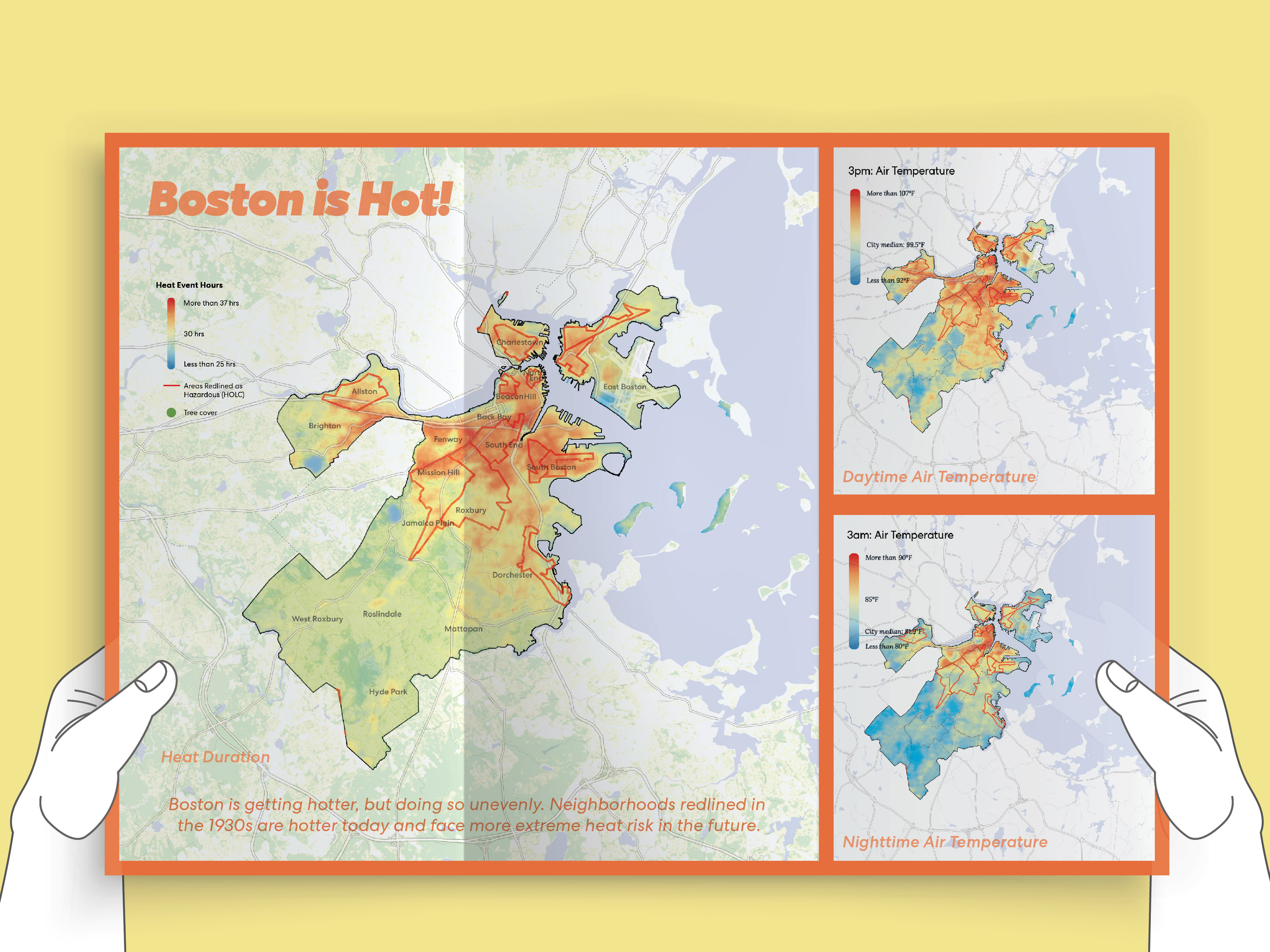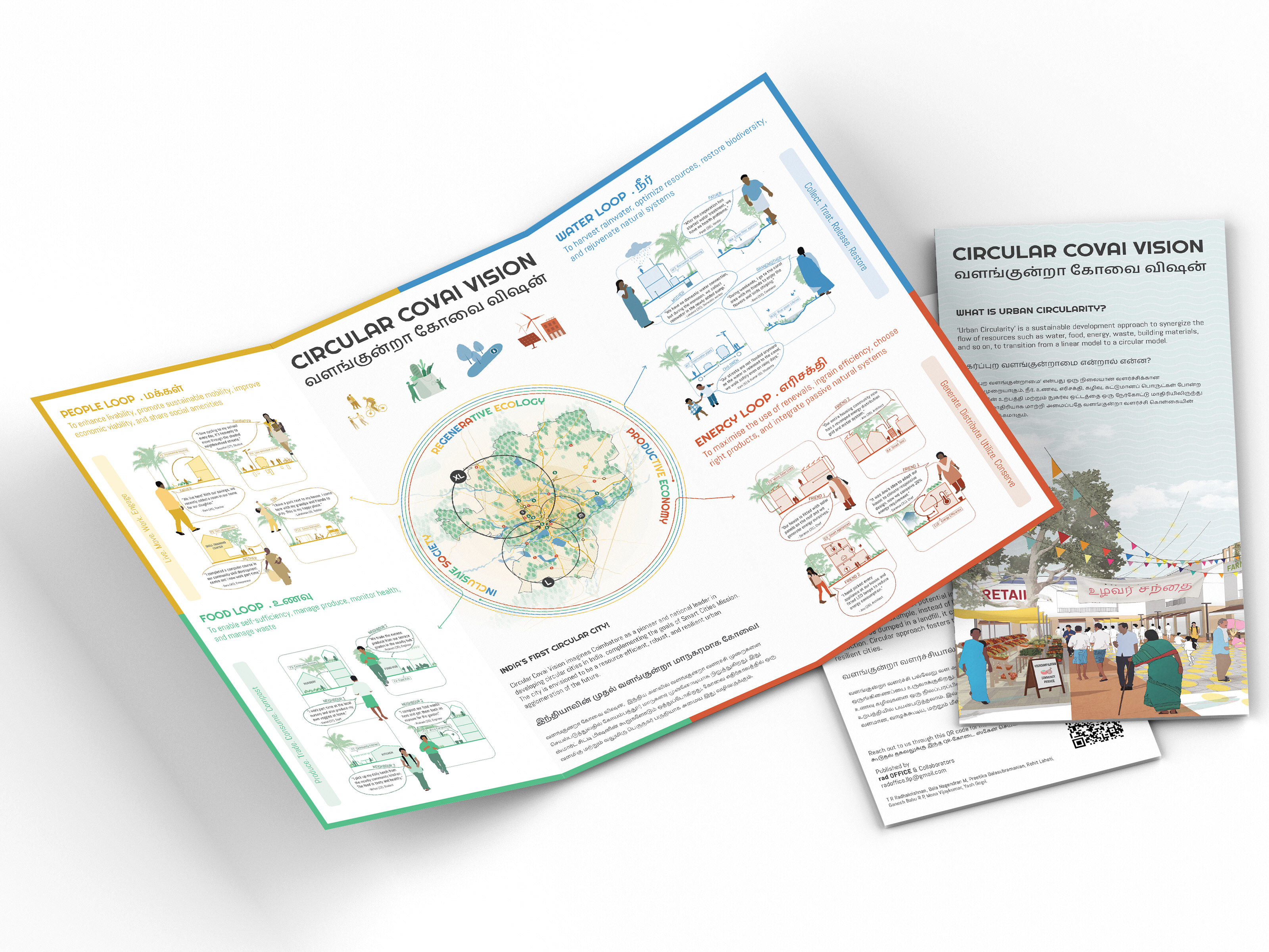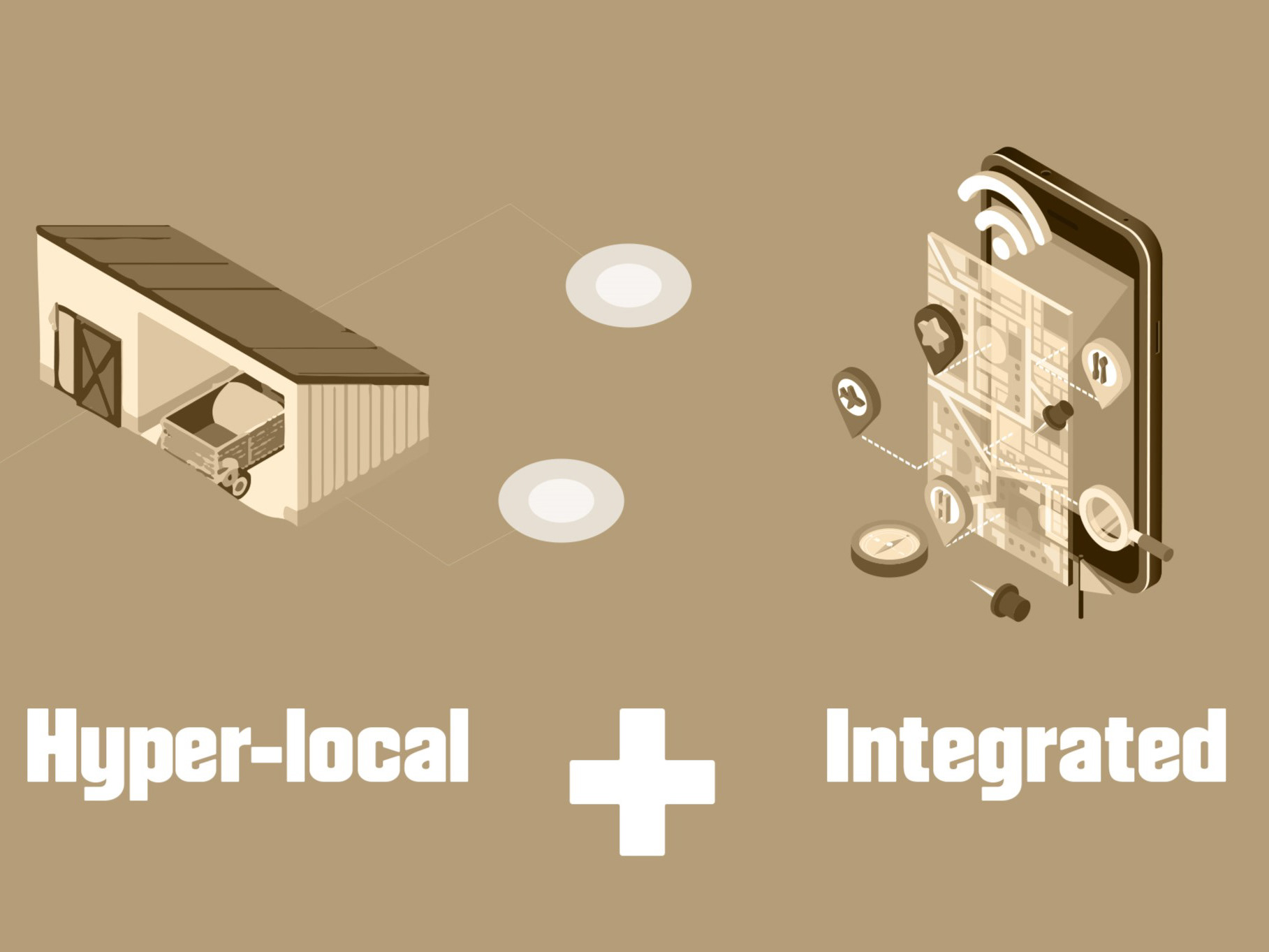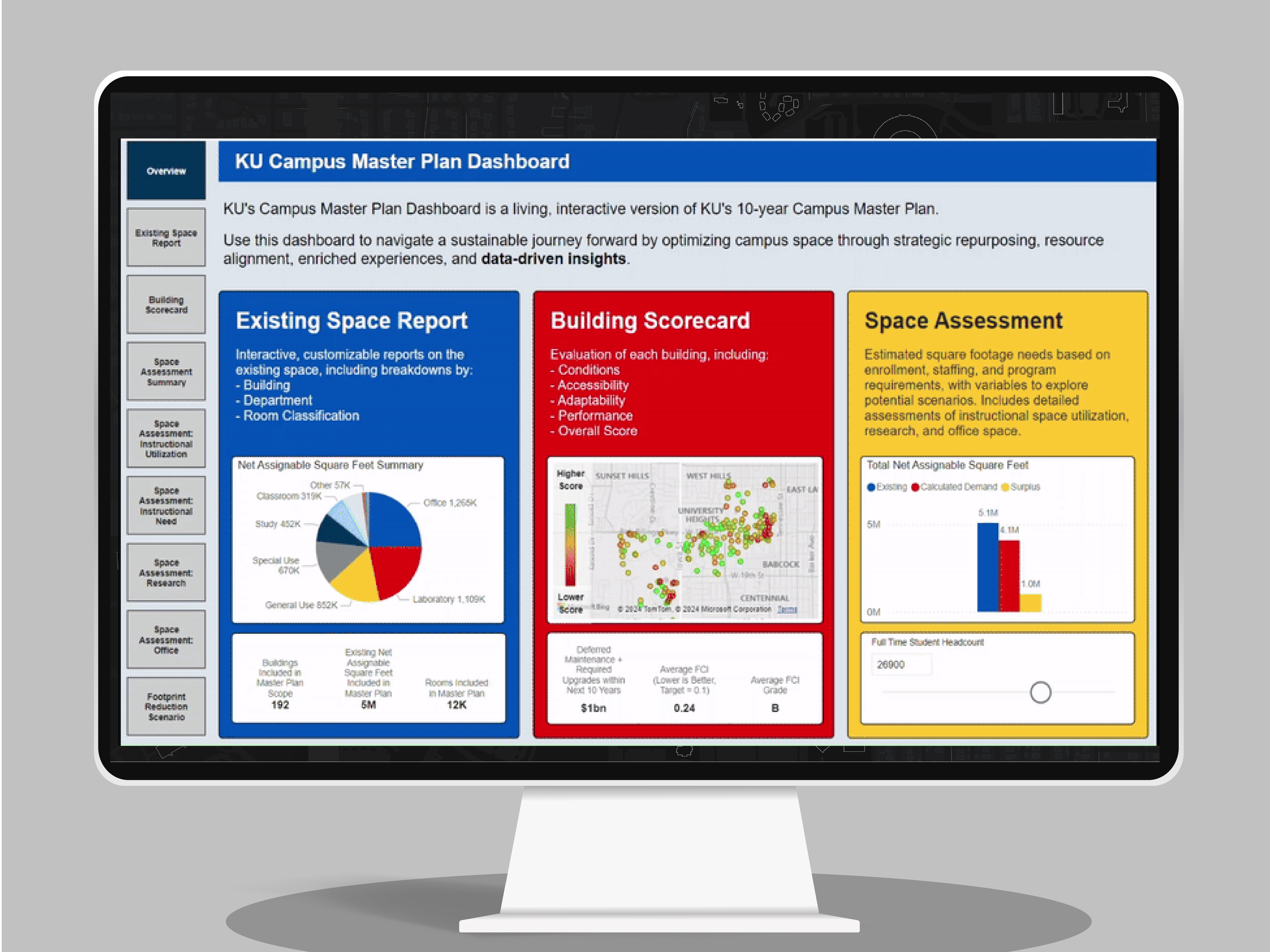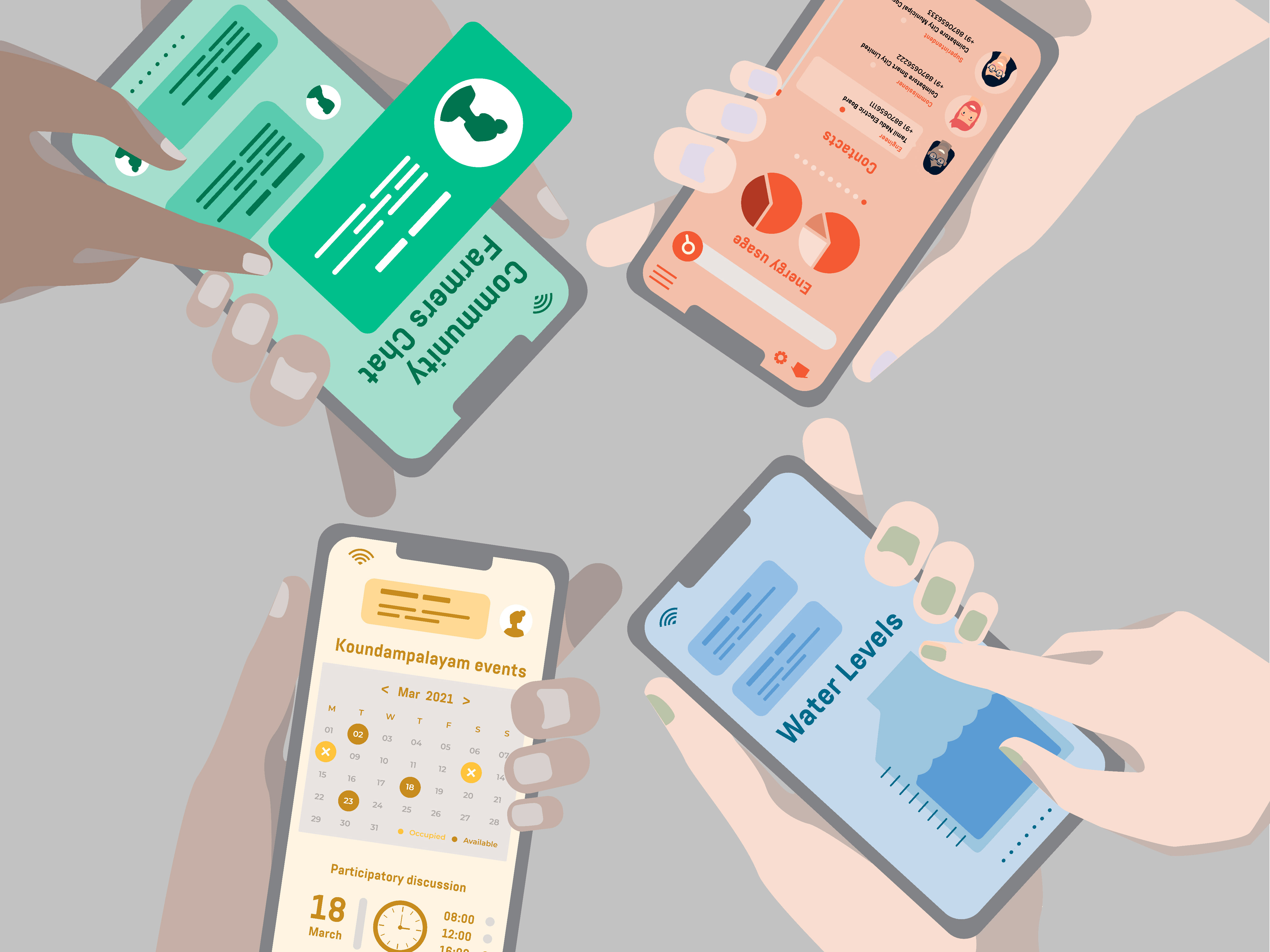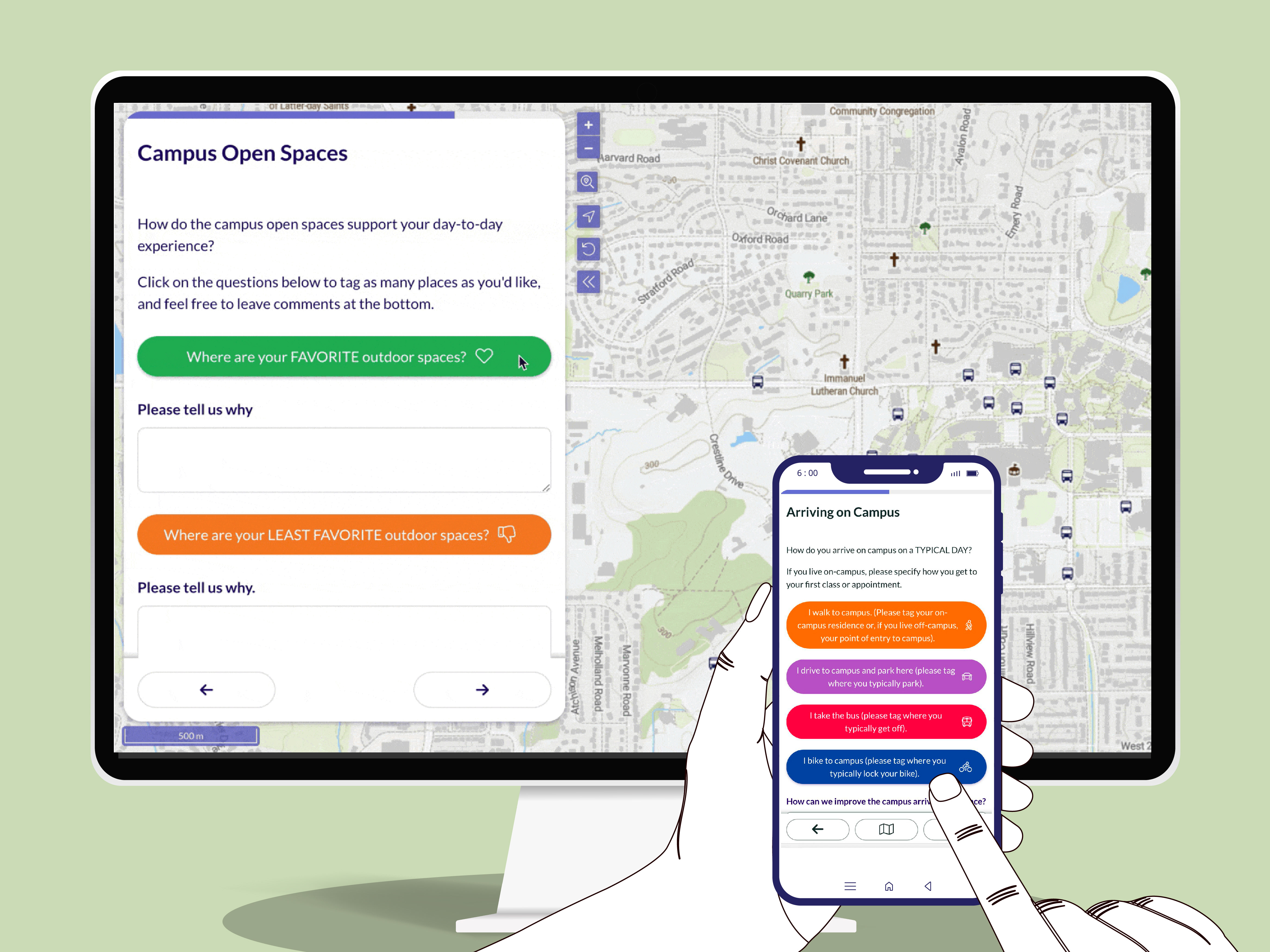2021-22 | MIT
Team: MIT Civic Design Initiative + Collaborators
Recognition: Finalist of MIT Climate Grand Challenge 2022
Deep Listening gives Indigenous and frontline communities opportunities and resources to effectively gather and translate stories into language that institutions understand. This is the only way to transform practice and policy decisions so that decisions are optimized for those most impacted by climate change.
Role
Research Assistant at the MIT Civic Design Initiative (April 2021 – May 2022), advancing climate adaptation frameworks and methodologies. My contributions included:
Grant Primer Development: Conducted an extensive literature review of over 20 climate adaptation case studies and organizations to support the grant proposal.
Stakeholder Engagement: Organized and facilitated workshops and collaborative engagements with stakeholders and collaborators to co-create solutions.
Case Study Research: Conducted interviews with key stakeholders to gather insights for adaptation strategies and real-world applications.
Co-Authoring: Co-authored the white paper on ‘The Deep Listening Project,’ which became a finalist for the MIT Climate Grand Challenge, securing a $100,000 research grant.
Research Questions
How can institutions and communities collaborate equitably to co-design climate adaptation strategies that address historical inequalities and current vulnerabilities?
What role can AI and storytelling technologies play in enabling institutions to "deeply listen" to Indigenous and frontline communities?
How can participatory tools and frameworks ensure that community perspectives are meaningfully integrated into institutional decision-making processes?
What scalable solutions can be developed to embed justice, inclusivity, and sustainability into global climate adaptation frameworks?
Challenges and Action towards Just Climate Adaptation (Video produced as part of TDLP)
Research Components and Framework
The Challenge and Why Deep Listening?
Climate adaptation efforts face critical challenges, including fragmented policies, inequitable decision-making, and a lack of meaningful consultation with Indigenous and frontline communities. These barriers often result in maladaptive outcomes, excluding local knowledge systems and exacerbating vulnerabilities.
The Deep Listening Project (TDLP) seeks to transform the global climate adaptation paradigm by addressing these challenges through the creation of sustainable communication infrastructures that prioritize justice and inclusivity. TDLP integrates:
Human-Centered Design: Centering community voices to ensure solutions align with lived realities.
Storytelling and Sensemaking: Using narratives and technologies to amplify diverse climate futures.
Collaborative Tools: Creating technologies that enable institutions to deeply listen and act on marginalized perspectives.
Scalable Frameworks: Developing adaptable tools for diverse cultural and organizational contexts.
Human-Centered Design: Centering community voices to ensure solutions align with lived realities.
Storytelling and Sensemaking: Using narratives and technologies to amplify diverse climate futures.
Collaborative Tools: Creating technologies that enable institutions to deeply listen and act on marginalized perspectives.
Scalable Frameworks: Developing adaptable tools for diverse cultural and organizational contexts.
Activating Climate Imaginaries (Video produced as part of TDLP)
Case Study Regions
